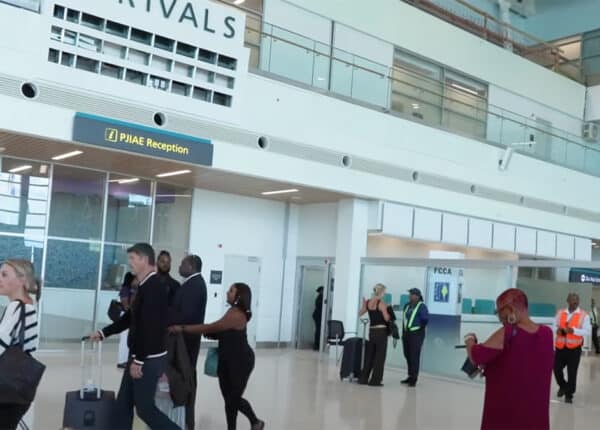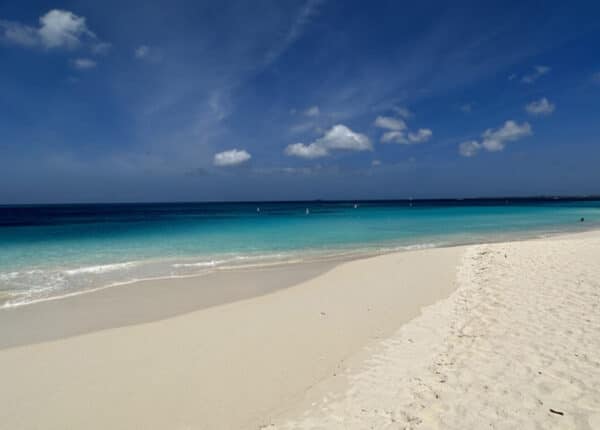Cape Air’s New Caribbean Push Begins in Culebra and Virgin Gorda
By Alexander Britell and Guy Britton
For many destinations in the Caribbean, small regional airlines are a life blood — and for two decades, Cape Air has been just that for so many islands.
Now, Cape Air has officially relaunched two important routes from San Juan, with flights to Puerto Rico’s island of Culebra and to Virgin Gorda in the British Virgin Islands.
The new service will be operating four flights daily between San Juan and Culebra, and three daily between San Juan and Virgin Gorda, both instantly providing a significant boost for the islands.
The two routes are also likely to see service increases over time; Cape Air tends to launch routes with three or four frequencies per day before raising that number to as many as eight or 12 every day.
The return of both services, which had last operated two years ago, is part of a bigger push for the airline, which is based in Massachusetts but has long been one of the most crucial carriers in the northeastern Caribbean, with an existing flight network that includes Tortola, St Thomas, Vieques, San Juan and Mayaguez and St Croix, the latter a market that is seeing very strong growth in particular.
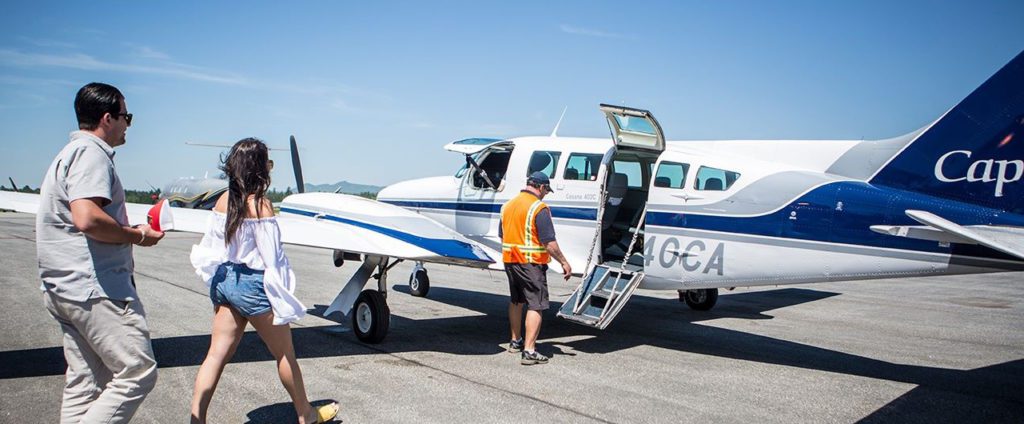
“Culebra and Virgin Gorda were historically great markets for us, and we think we’re the right size for those communities and we’re really excited to come back there,” Cape Air CEO Dan Wolf told Caribbean Journal in an exclusive interview. “In the fall, we’re looking to reenergize Anguilla and Nevis.”
The company is also looking to start service between Mayaguez on the west coast of Puerto Rico and the Dominican Republic.
“Those [flights] are either starting soon or within the next year,” he said. “Beyond that, we’re continuing to look for other opportunities.”
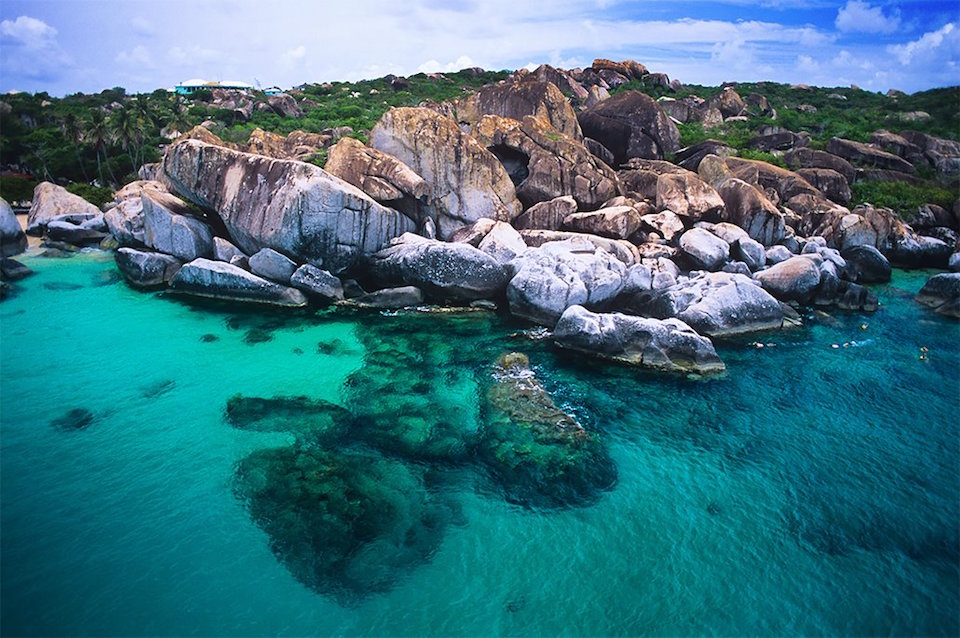
The Baths on Virgin Gorda.
The new routes come as Cape Air has reactivated its Britten-Norman Islander aircraft, planes that specialize in the short runways that populate many of the region’s smaller destinations like Culebra and Virgin Gorda.
They come in a time of continued challenges in Caribbean aviation, from a shortage of crew and pilots that is facing the industry at large to the continued recovery from the storms of 2017.

St Croix and the wider USVI are seeing strong growth, Wolf said.
“Cape Air has worked really hard the last couple of years and we’re getting ahead of that,” he said. “As you see us grow service, that ability to regrow and refocus has to do with some really good work we’ve done around pilot numbers and getting ahead of the industry trend.”
Cape Air is also in the midst of modernizing its fleet, thanks to its relationship with Italian firm Tecnam, which is developing a new short-haul aircraft called the P2012 for which Cape Air will be the first customer.
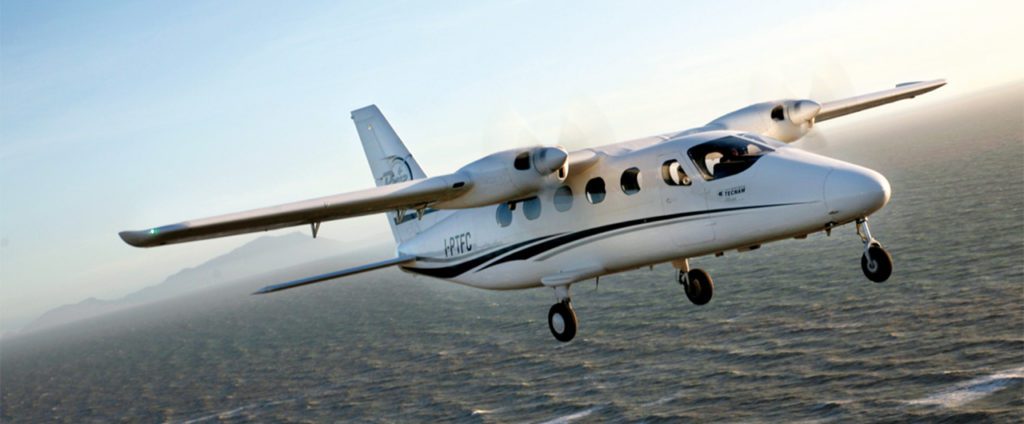
The Tecnam P2012 Traveller.
The plan is for a complete fleet replacement over the next seven to eight years, Wolf said, as the carrier continues to look forward in the region.
That includes, potentially, a seaplane operation, a sector that Cape Air has actively engaged, having recently acquired one of the largest seaplane operators on the East Coast of the United States, New Haven-based Shoreline Aviation.
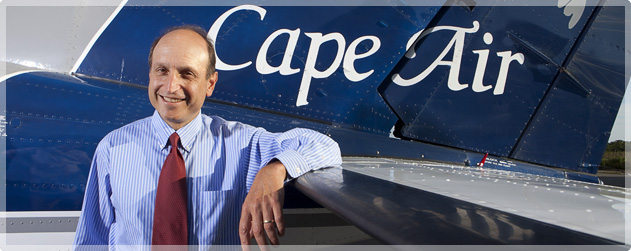
Wolf founded Cape Air in 1989 with a single route in Massachusetts.
“It’s going to open the door for some expanded seaplane service in the Caribbean, too,” he said.
It comes in a time of recovery and rebirth for the wider Caribbean’s tourism sector, a part of the world on which Wolf said he is particularly bullish.
“The part of the Caribbean we serve is one of the greatest destinations in the world,” he said. “That’s not going to change. We’re looking to expand and grow [in the Caribbean]. We’re looking for new destinations. It’s a really exciting time in the Caribbean.”


